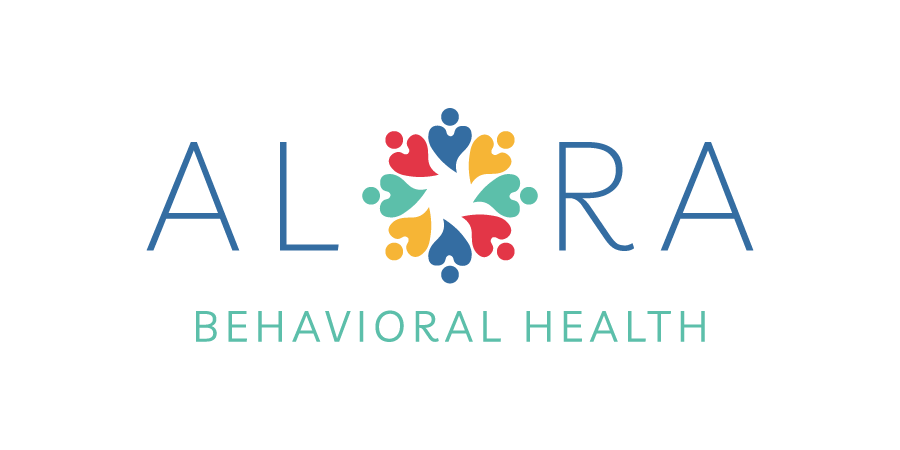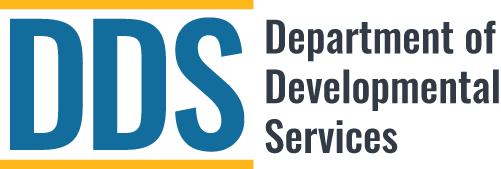As a parent of a child with special needs , you understand that their needs can change over time. The journey of supporting their growth and development requires a dynamic approach that can adapt to their evolving requirements. Applied Behavior Analysis (ABA) therapy has proven to be highly effective in this regard, as it evolves alongside your child’s changing needs. In this blog post, we will explore how ABA therapy’s individualized approach adapts to ensure your child continues to thrive throughout their developmental journey.
Understanding the Dynamic Nature of Developmental Needs:
Children with developmental disabilities experience unique challenges and progress at their own pace. What works for them today may not be as effective tomorrow. ABA therapy recognizes this dynamic nature and provides a flexible framework to address these changing needs. It focuses on individualized treatment plans that are tailored to your child’s specific strengths, weaknesses, and goals. This customization allows ABA therapy to evolve with your child, ensuring continued growth and progress.
Continuous Assessment and Analysis:
One of the key strengths of ABA therapy is its commitment to continuous assessment and analysis. A skilled ABA provider regularly evaluates your child’s progress, collecting data and observing behaviors to identify areas of improvement or new challenges that may arise. This ongoing assessment allows the provider to adapt the treatment plan, modify techniques, and introduce new strategies as needed. By closely monitoring your child’s progress, ABA therapy ensures that interventions remain relevant and effective.
Individualized Treatment Plans:
ABA therapy recognizes that each child has unique needs, strengths, and areas for growth. The therapy focuses on developing individualized treatment plans that can be tailored to your child’s changing requirements. These plans consider their current abilities, interests, and goals, enabling providers to adjust strategies, targets, and teaching methods accordingly. The flexibility of ABA therapy ensures that it can address emerging needs, incorporate new skills, and build upon previous achievements to foster ongoing progress.
Skill Generalization and Maintenance:
Another important aspect of ABA therapy’s adaptability is its emphasis on skill generalization and maintenance. It recognizes that learning should extend beyond therapy sessions and be applicable in real-life situations. ABA providers work closely with families and caregivers to facilitate the generalization of skills learned in therapy to various environments, such as home, school, and community settings. This ensures that your child can effectively apply their newly acquired skills in different contexts and situations, promoting independence and self-confidence.
Collaboration and Teamwork:
ABA therapy places great value on collaboration and teamwork. Providers work closely with parents, caregivers, educators, and other professionals involved in your child’s care. This collaborative approach allows for a comprehensive understanding of your child’s needs and ensures that everyone is aligned in supporting their development. As your child’s needs change, the collaborative team can collectively adapt and modify strategies, share insights, and provide consistent support to promote continued growth.
As your child’s needs change over time, ABA therapy remains a steadfast ally in their developmental journey. Through continuous assessment, individualized treatment plans, skill generalization, and collaboration, ABA therapy adapts to the evolving needs of your child, empowering them to thrive. By embracing the flexibility and tailored approach of ABA therapy, you can ensure that your child receives the support they need to reach their full potential and lead a fulfilling life.


